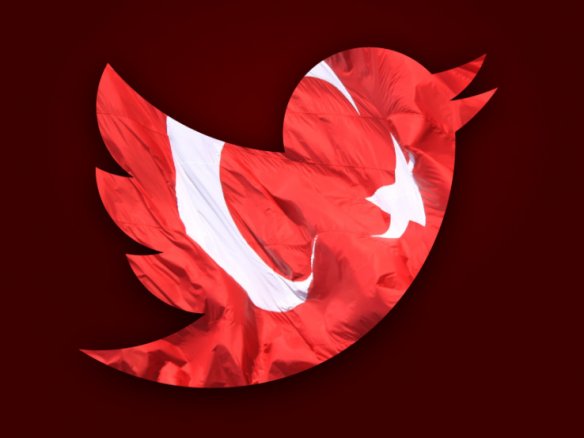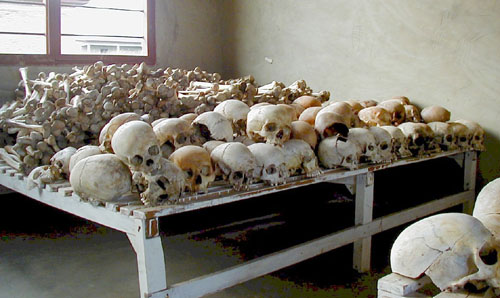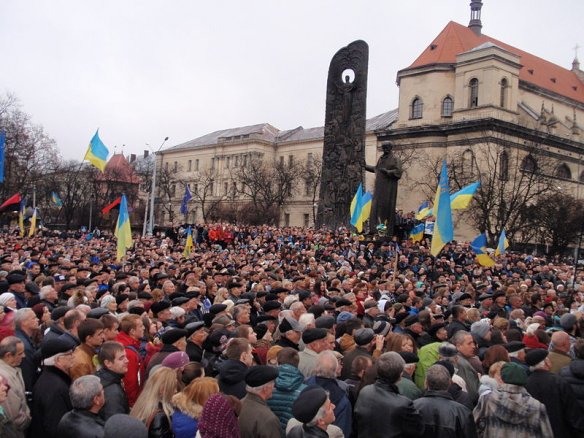 One of the foundational concepts of good democratic governance is that of a separation of powers. French Enlightenment philosopher Baron de Montesquieu´s argument for the separation of political power between the three branches – executive, legislative and judiciary – hinges on the notion that power should not be centralized in a single sovereign to prevent rulers from usurping complete control. To these three branches can be added the Fourth Estate, the media. Independent from the state, it serves as a watchdog over the three branches. Finally, there is what Yochai Benkler (2006) refers to as the “Networked Fourth Estate” which comprises the realm of the internet and social media. The events of the past weeks in Turkey give reason for concern over the viability of a tripartite system of governance in Turkey.
One of the foundational concepts of good democratic governance is that of a separation of powers. French Enlightenment philosopher Baron de Montesquieu´s argument for the separation of political power between the three branches – executive, legislative and judiciary – hinges on the notion that power should not be centralized in a single sovereign to prevent rulers from usurping complete control. To these three branches can be added the Fourth Estate, the media. Independent from the state, it serves as a watchdog over the three branches. Finally, there is what Yochai Benkler (2006) refers to as the “Networked Fourth Estate” which comprises the realm of the internet and social media. The events of the past weeks in Turkey give reason for concern over the viability of a tripartite system of governance in Turkey.
Read more in the blog post published March 7, 2014 on the New Middle East Blog.


